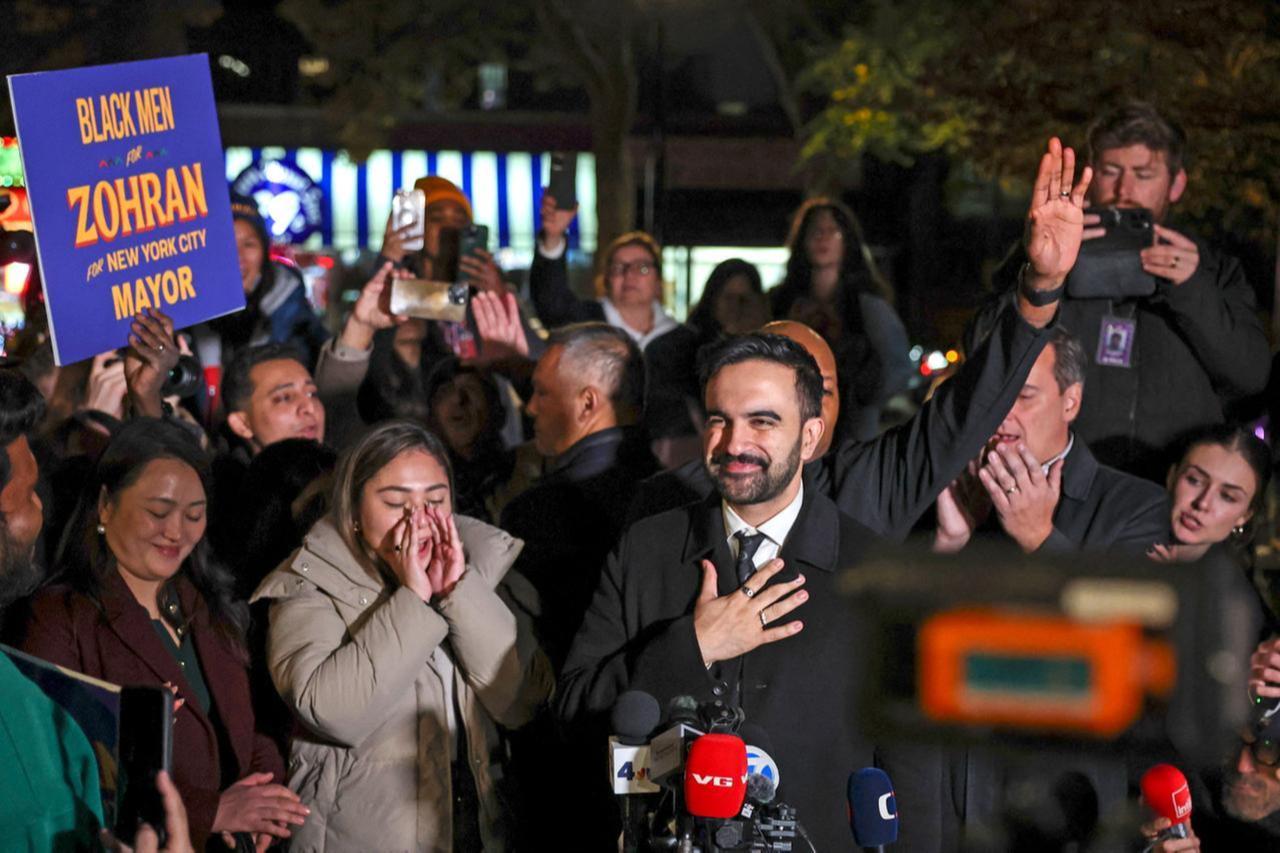
On Nov. 4, 2025, New York City witnessed more than just a mayoral election—it marked a turning point in American urban politics. At 34, Zohran Mamdani not only became the city’s youngest mayor but also a symbol of a rising vision rooted in youth, immigrant identity, and democratic socialism.
Running as a Democrat, he defeated former Governor Andrew Cuomo and Republican Curtis Sliwa. According to unofficial results, Mamdani won about 50.4% of the vote, roughly 8.8 points ahead of Cuomo, while Sliwa trailed at 7.1%.
Moments after the victory, Mamdani took the stage and directly challenged U.S. President Donald Trump with the now-famous call to “turn up your volume,” signaling the bold, confrontational style that has defined his public persona.
His Muslim identity, prominently embraced during the campaign, sparked quiet yet noticeable debates—highlighting how personal and political identity intersected in this historic moment.
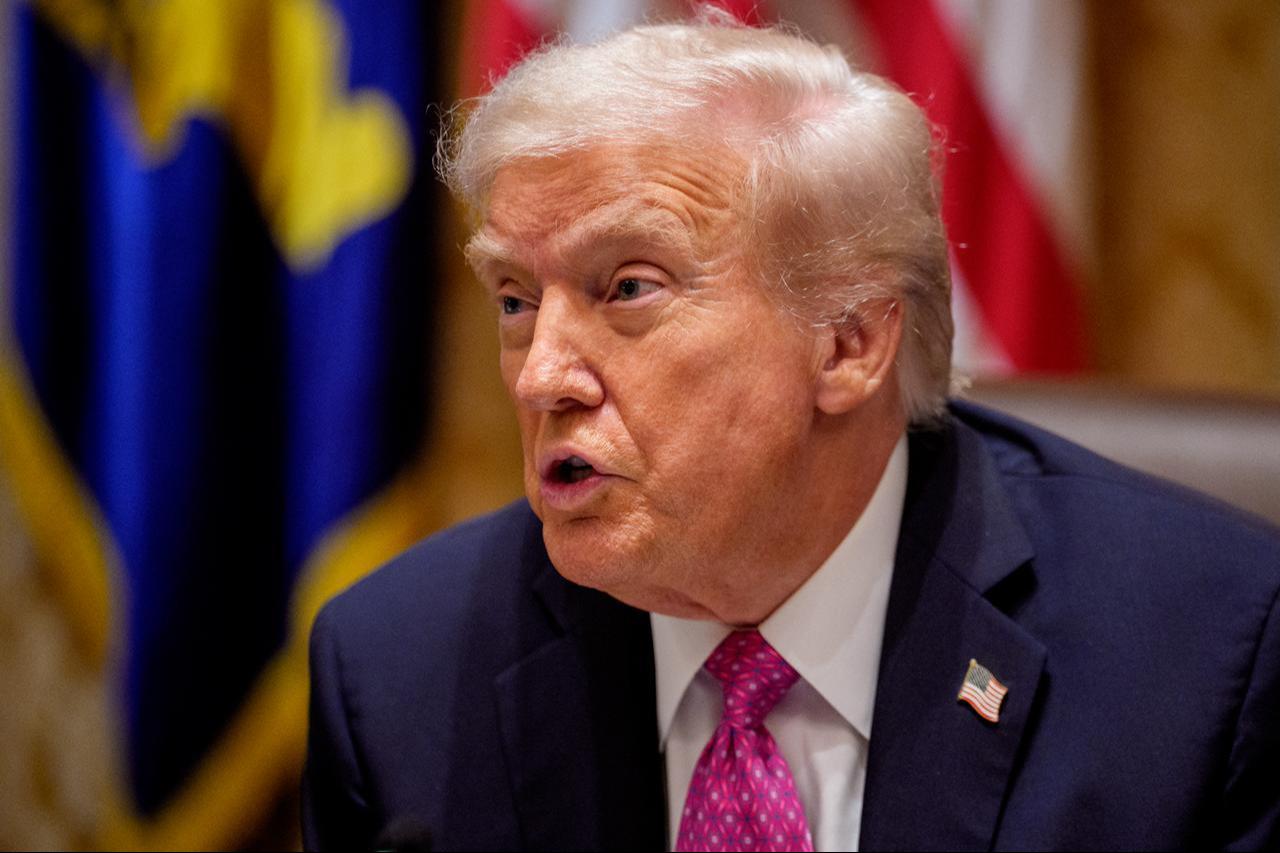
Mamdani’s story begins in a Ugandan family of Indian heritage. His mother, Mira Nair, is a prominent Indian-American filmmaker, while his father, Mahmood Mamdani, is an Indian-born Ugandan academic.
At age five, Mamdani briefly moved with his family to South Africa before settling in New York two years later. This multicultural upbringing shaped both his personal identity and political vision.
He entered politics early, winning a seat in the New York State Assembly in 2020. When he announced his mayoral candidacy in 2024, many doubted his chances. Yet he defied expectations, securing 56.4% in the Democratic primary against Cuomo and proving his appeal to a broad electorate.
Mamdani stands apart from traditional American politicians. He embraces his Muslim identity, speaks directly to young and progressive voters, and integrates hip-hop culture, football, and baseball into his public persona—making politics both accessible and personal. His third-culture upbringing and family background place multiculturalism and immigrant experience at the heart of his identity. After his victory, his embrace of wife Rama Duwaji and his mother on stage illustrated how political and personal worlds intertwine.
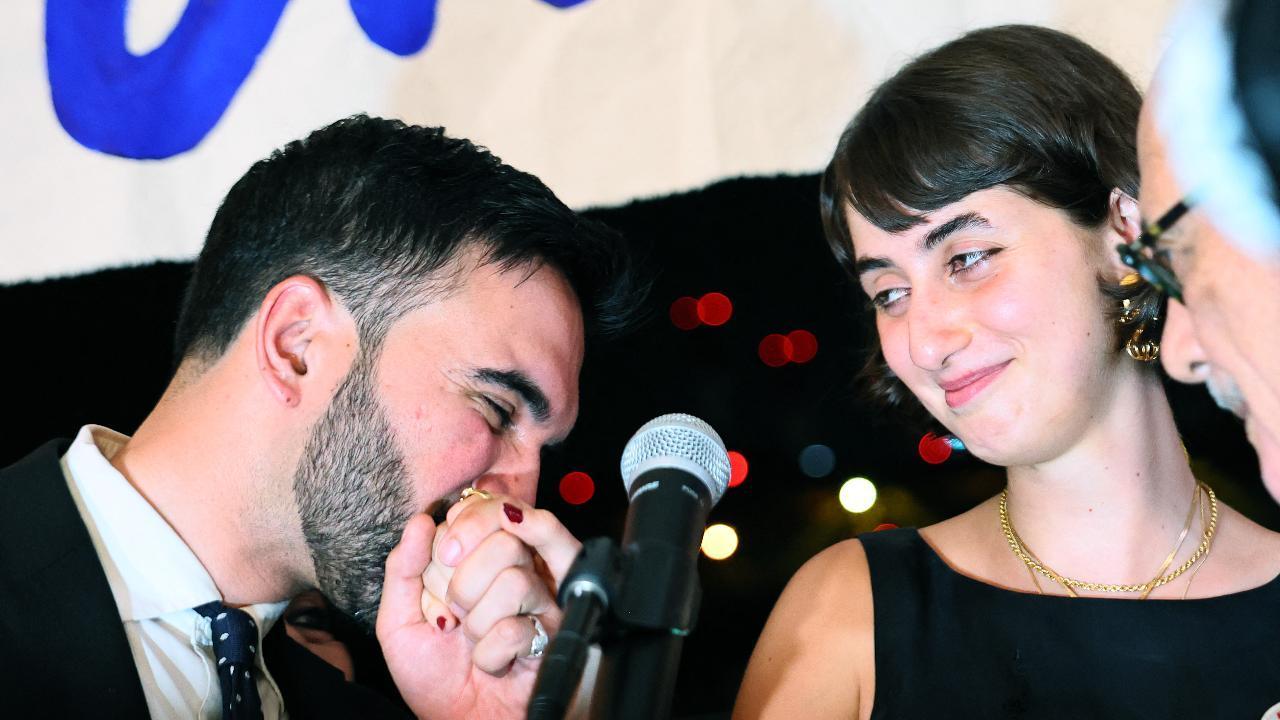
Mamdani’s policies target the issues most pressing to New Yorkers: the housing crisis, cost of living, public services, and economic justice. According to Deutsche Bank’s 2025 report, a three-bedroom apartment in New York averages $8,500 per month. Mamdani’s proposals for rent stabilization, expanded affordable housing, and oversight of landlords form the backbone of his agenda.
He also advocates a 2% fixed tax on incomes over $1 million, increased corporate taxes, free public transportation, raising the minimum wage from $16.50 to $30 per hour, and expanded public childcare. These measures resonate especially with younger, lower-income, and immigrant voters, reflecting a strategy grounded in tangible economic concerns.
Mamdani’s victory also mirrors the long-standing presence of Muslim and immigrant communities in New York. Since the late 19th century, the Ottoman Empire has established consulates and mosques in Lower Manhattan. Syrians, Palestinians, Cretans, and Turks lived near the World Trade Center in what was known as “Little Syria.” Even after the founding of modern Türkiye, Turkish political and commercial organizations remained active in the city.
Speaking to Türkiye Today, Assistant Professor Isil Acehan, an expert on early Muslim and Ottoman immigrants in the U.S., offered insight, “Mamdani’s victory is not only a milestone for New York but also a reflection of the long-standing presence of Muslims in America. His election confirms that Muslims have been foundational to the city’s social, cultural, and political fabric for over a century.”
Acehan also noted, “The first large Muslim immigrant communities, including Turks, Kurds, and others from the Ottoman Empire, contributed to the American urban landscape. In fact, the Muslim population in New York was already significant in the early 1900s. It was so sizable that the Ottoman government recognized the need to establish a mosque for the community.”
“My colleague Todd Fine and I recently discovered this mosque at 17 Rector Street in Lower Manhattan,” she continued. “Remarkably, this was a full decade or more before most sources date the first American mosques to the 1920s. This mosque was not just a simple prayer space. It was supported by the Ottoman government and had a full-time, state-sponsored Imam, Mehmed Ali Efendi. From the very beginning of the 20th century, organized Muslim communal life was present in New York,” she added.
“Most people are unaware of our discovery,” she added, “but it represents the first purpose-built mosque for immigrants in the U.S., highlighting the deep roots and enduring presence of the Muslim community in the country,” she also noted.
Acehan emphasized the symbolic and political weight of Mamdani’s identity: “His win is a profound rejection of Islamophobia and demonstrates that all faith and immigrant backgrounds have a rightful place in American politics. This is not the beginning of Muslim representation in the U.S., but rather a long-overdue recognition of a community historically marginalized yet vital to the city.”
On broader social impact, Acehan said, “Mamdani’s election may inspire greater political participation among Muslim Americans and other historically underrepresented groups. It also challenges the stereotypes that have painted Muslims as outsiders, proving that civic engagement and leadership are universal rights.”
Finally, Acehan added, “The historical legacy of Muslim immigrants—from the early Ottoman-sponsored imams like Mehmed Ali Efendi to today’s civic leaders—provides context for understanding why Mamdani’s victory is both a local and national milestone. It illustrates the enduring contributions of Muslims to the city and the country at large.”
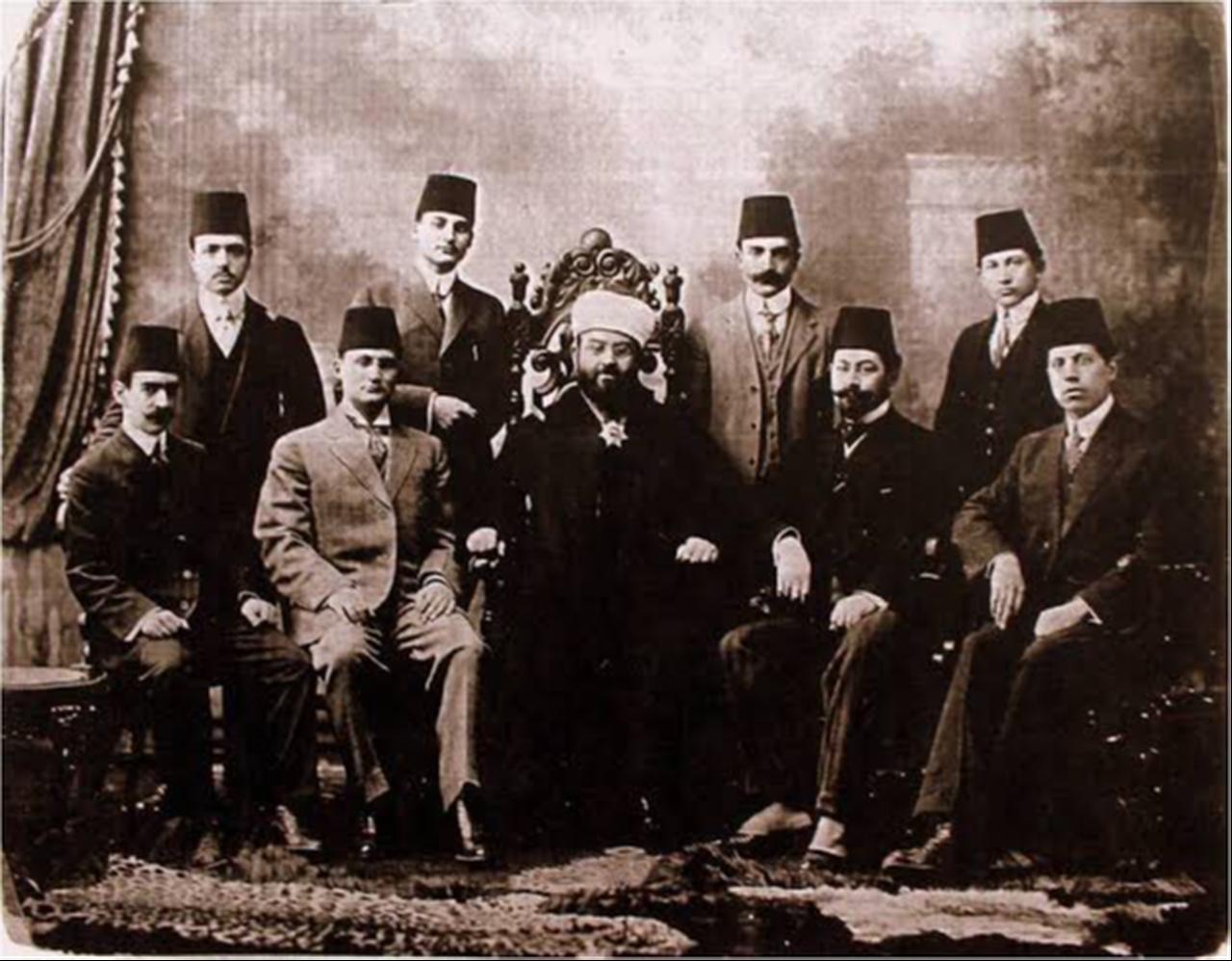
Mamdani’s rise signals that old reflexes in Washington are fading. U.S. foreign policy priorities are no longer Middle East-centered; China, the Pacific, and technology competition have moved to the forefront. This shift weakens Israel’s classic “untouchable ally” status.
Meanwhile, the ongoing federal government shutdown has become a live political factor. President Trump met with Senate Republicans over breakfast at the White House, suggesting that the closure may have influenced electoral momentum.
Comparing London’s Jeremy Corbyn experience to Mamdani’s victory oversimplifies the story. In London, organized Jewish groups could influence national politics. In New York, grassroots movements, intertwined identities, and city-specific dynamics mattered more. Corbyn was a national crisis; Mamdani is a symbol of urban-scale transformation.
U.S. politics today is evolving in unexpected ways. The Democratic Party embraces a more diverse and progressive vision, yet traditional allies like Israel have not fully recognized the shift. Meanwhile, young, progressive, and diverse voters increasingly approach issues like Palestine with empathy, signaling a generational change.
Republicans under Trump transformed support for Israel into a litmus test of identity, turning foreign policy into a domestic yardstick for belonging.
At the same time, Pentagon planners, State Department diplomats, and Senate insiders no longer automatically see Israel as the untouchable “strategic ally” it once was.
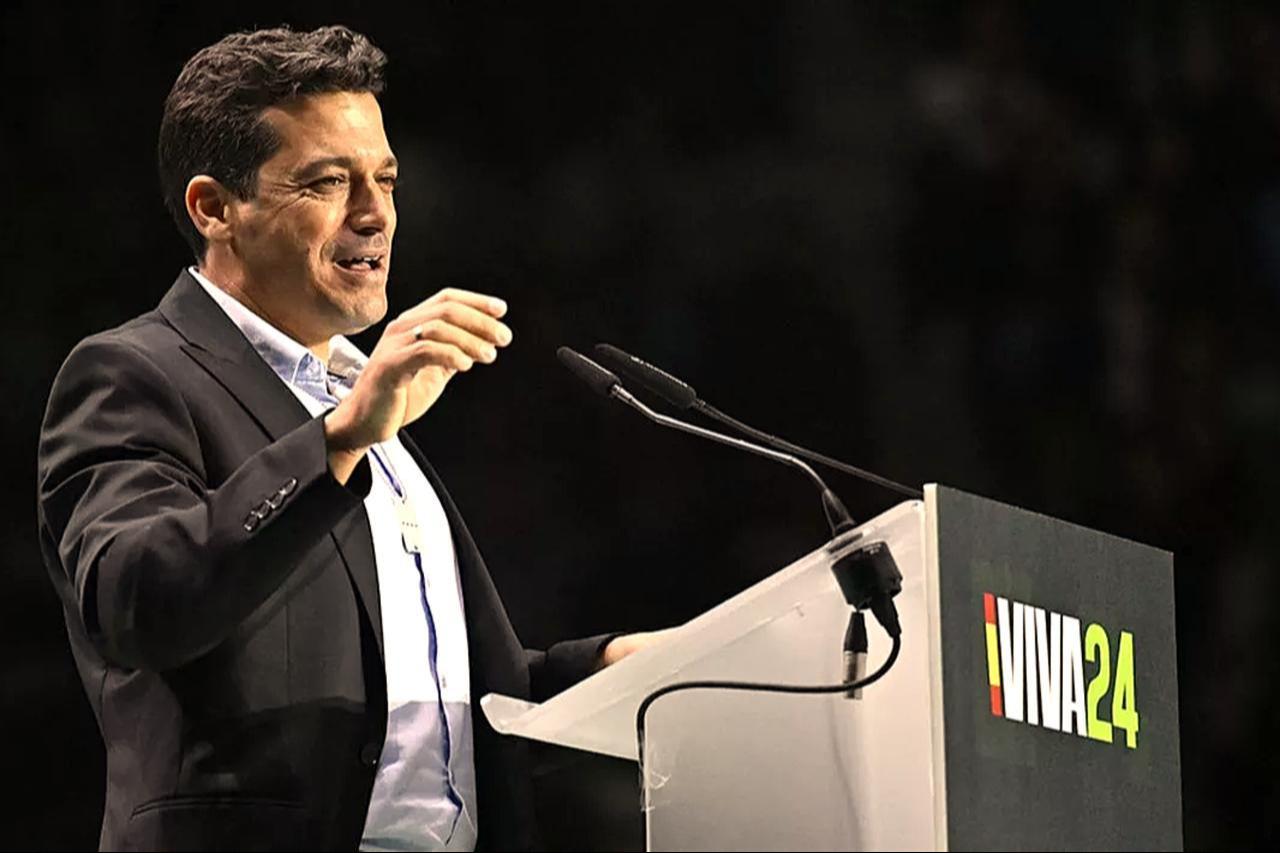
From Israel’s perspective, Democrats foreground moral critique, while Republicans promise security. The Israel question is no longer bipartisan—it is part of the ideological divide in U.S. politics. Israel’s Diaspora Minister Amichai Chikli urged Jews in New York to consider emigrating to Israel, accompanied by an AI-generated image depicting the Statue of Liberty with its head bowed.
The Tzohar Rabbinical Organization issued a similar call. Former U.N. ambassador Gilad Erdan described Mamdani’s election as “a black day for everyone who loves Israel,” citing Mamdani’s remarks on Gaza as anti-Israel. Far-right National Security Minister Itamar Ben-Gvir and Deputy Foreign Minister Sharren Haskel also criticized Mamdani’s stance. Despite this, Mamdani maintained transparent engagement with voters and affirmed his willingness to cooperate with Trump when needed.
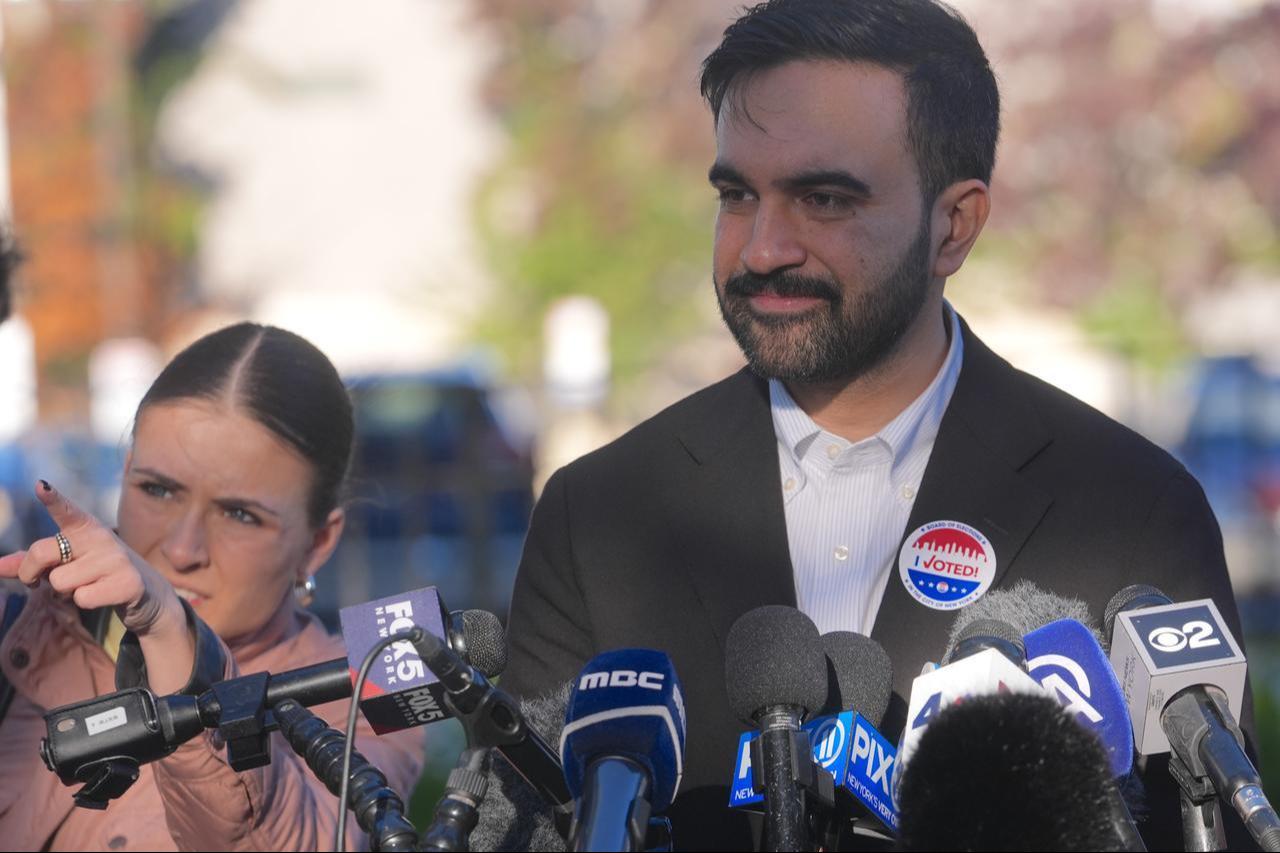
Zohran Mamdani has transformed New York’s political landscape as a leader who eats biryani with his hands, references Bollywood, and embraces his identity unapologetically. A socialist and Muslim voice at the city’s heart, he represents both his heritage and a new standard in American politics—one that merges social justice, inclusivity, and grassroots mobilization.
His election underscores that historically marginalized communities can wield influence and that youth, immigration, and socialism can converge to shape a new era. It is a milestone not only for New York but also for American society—a reminder that city politics can reflect profound social change.
Mamdani’s victory is not just political—it is symbolic. It reflects the city’s long history of immigrant and Muslim communities contributing to its social, cultural, and political fabric, now recognized in leadership. His ascent signals that future urban elections will increasingly be shaped by diversity, grassroots energy, and policies addressing residents’ everyday lives.
By embracing his Muslim identity openly and celebrating his multicultural background, Mamdani sends a message that political power in New York—and American cities more broadly—can reflect the full spectrum of the city’s population. His policies on housing, wages, and public services directly address ordinary New Yorkers, making progressive politics tangible rather than abstract.
In the broader U.S. narrative, Mamdani’s election illustrates the intersection of local and national dynamics. While debates over foreign policy, Israel, and immigration polarize Washington, New York voters increasingly value inclusivity, empathy, and concrete social policies.
As Isil Acehan noted, the historical presence of Muslim immigrants, from Ottoman-sponsored mosques to today’s civic leaders, shows that Mamdani’s rise is rooted in a century-long foundation of civic engagement.
Ultimately, Zohran Mamdani’s victory is both a mirror and a beacon: it reflects New Yorkers’ evolving demographics, values, and priorities, signaling a new era in which urban politics can challenge entrenched assumptions, celebrate multicultural identities, and foster social justice.